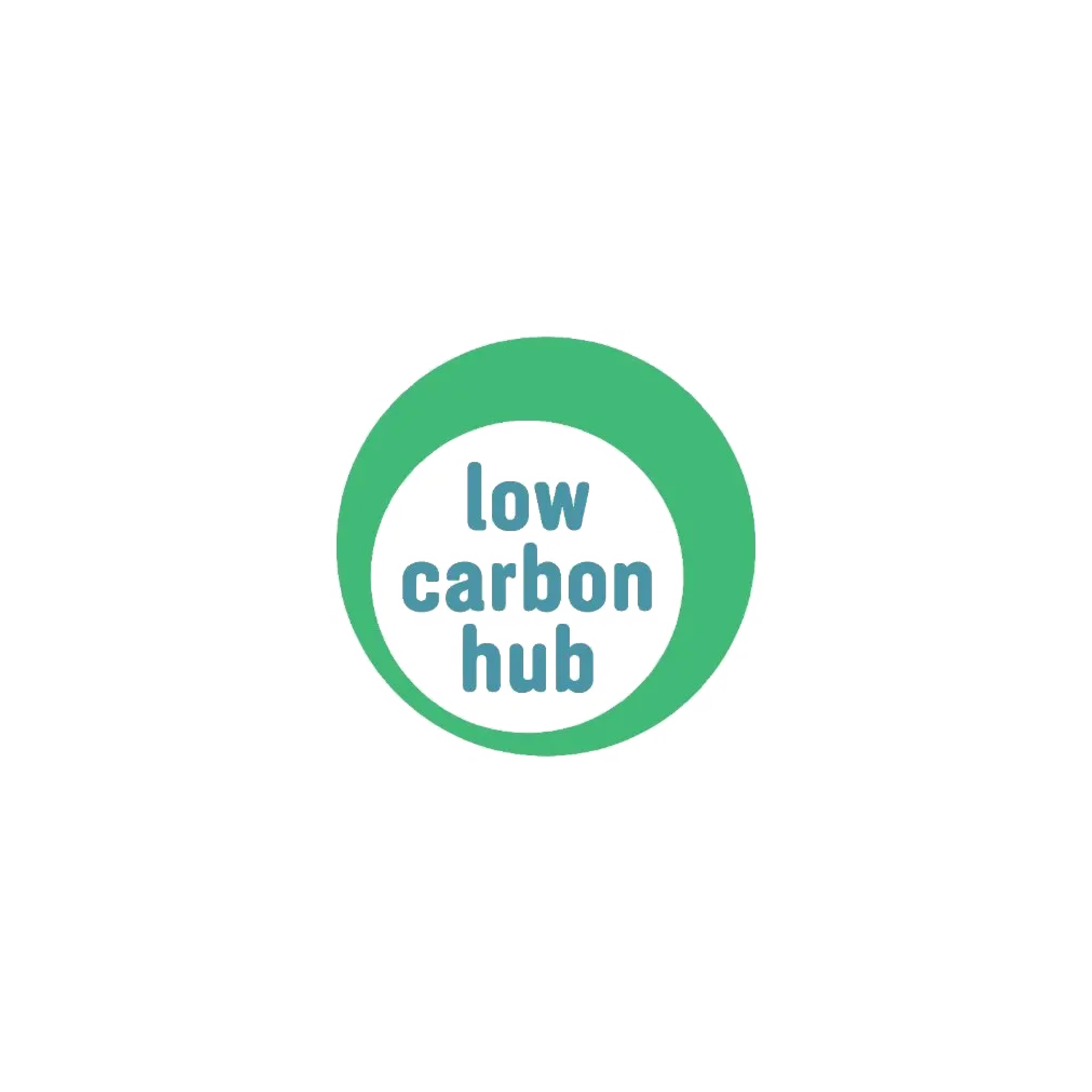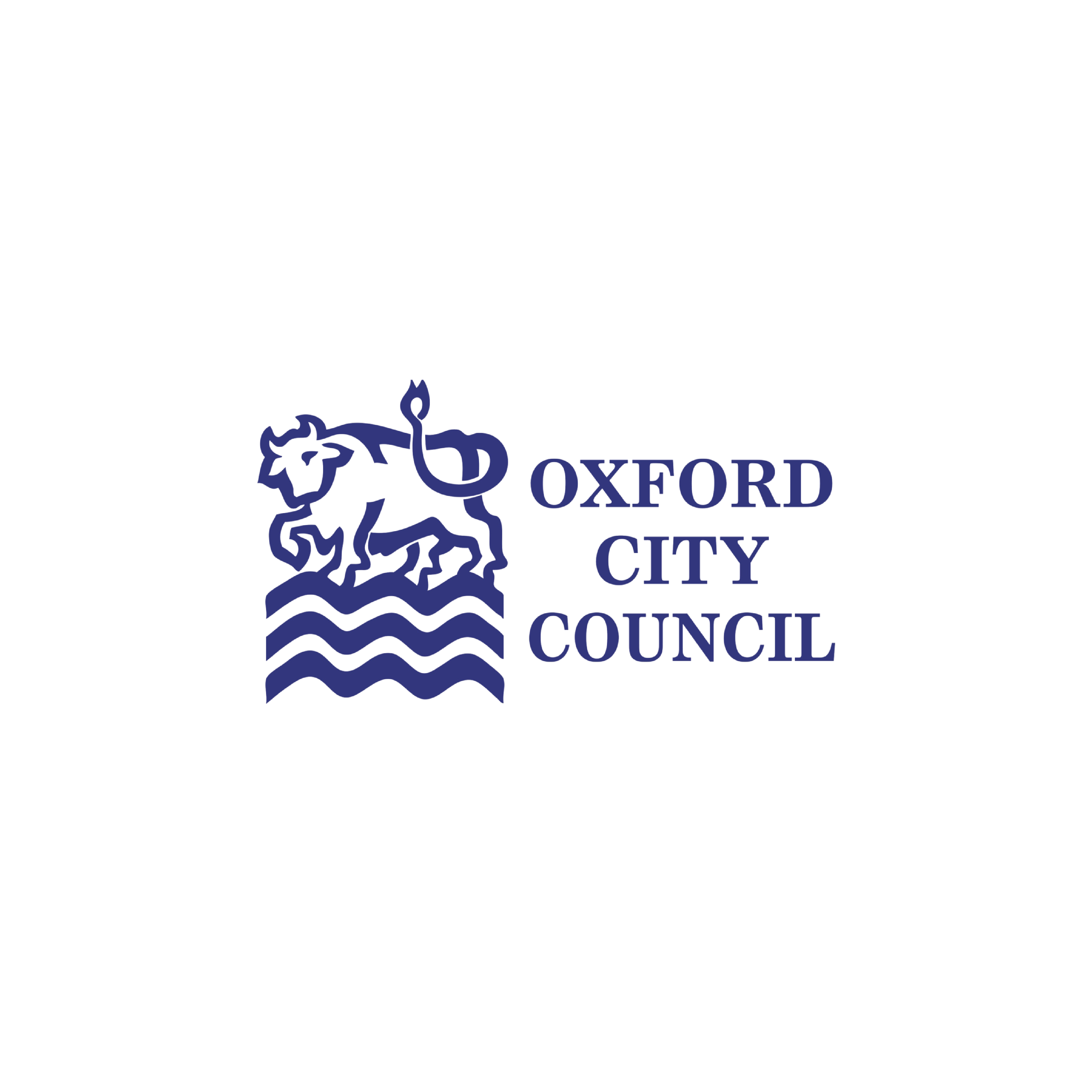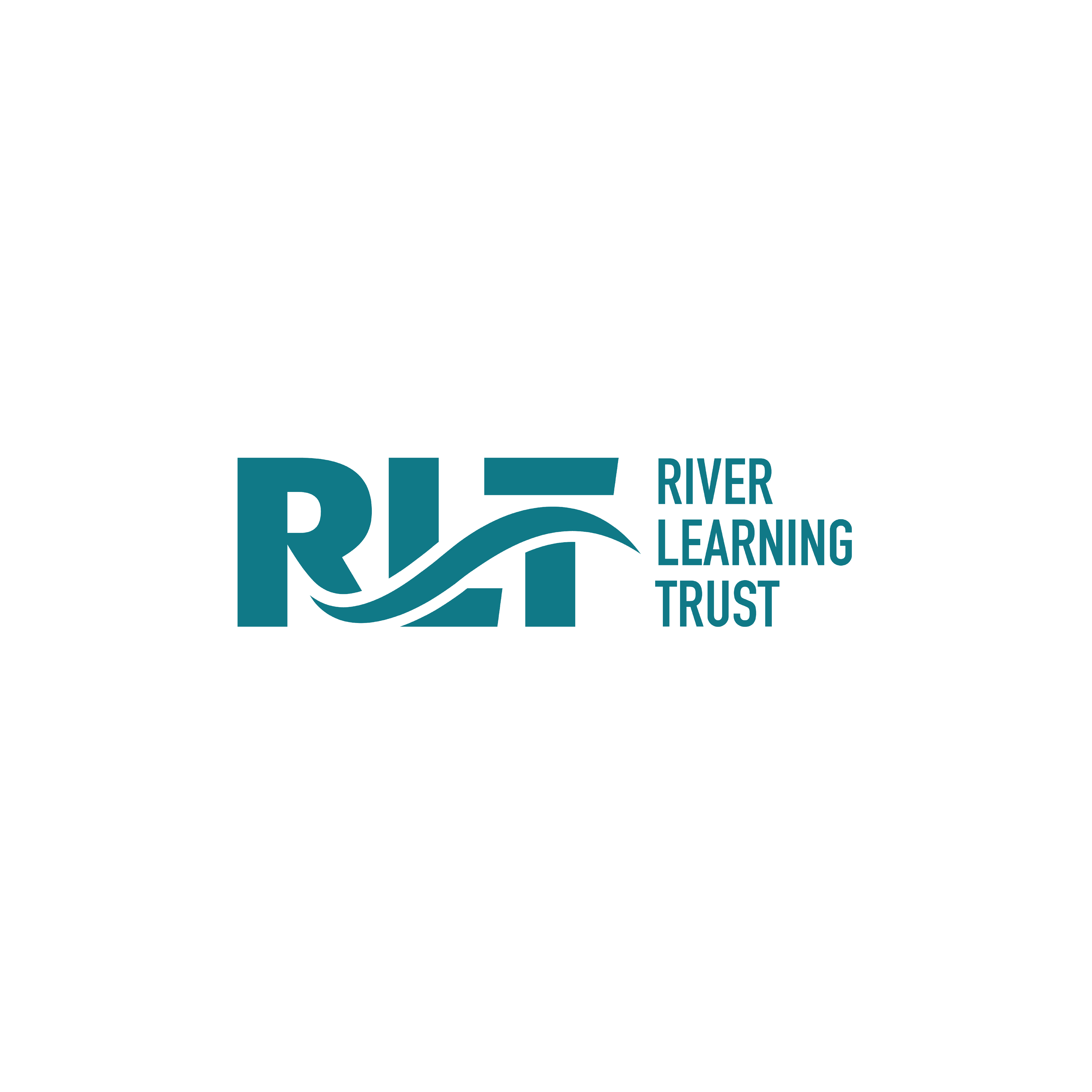Oxford's key organisations brought together in a collaborative effort to accelerate climate action.
About ZCOP Partners
The Zero Carbon Oxford Partnership (ZCOP) brings together some of Oxford’s largest and most influential organisations to achieve net zero carbon emissions in the city by 2040. There are currently 22 partners within ZCOP – find out more about them below.

Activate Learning
Activate Learning is an education group driving far-reaching, progressive change through personalized learning experiences. As a values-driven entity, they maximise the efficiency of their finite resources, emphasizing quality for staff, students, and employers. Acknowledging environmental responsibility, they scrutinize every aspect, from curriculum delivery to campus carbon footprint, recognizing their duty to cultivate environmentally conscious learners capable of informed choices. Activate Learning is a catalyst for effective education, mindful resource use, and sustainable impact locally and globally.

ARC
ARC (Advanced Research Clusters) has a vision to develop sustainable clusters for world-class science & innovation, and to be recognised as a catalyst for sustainable growth. To put their Vision into Action, ARC has identified 7 Key Focus Areas, aligned with the UN Sustainable Development Goals (SDGs), as the guiding principles for successful, prosperous, and sustainable clusters. When it comes to Carbon & Greenhouse Gas emissions, ARC is aiming to transition its built environment towards Net Zero with a focus on limiting the upfront embodied carbon of its new developments. By applying a Fabric First approach to achieve high energy performance and incorporating Low and Zero Carbon technologies, ARC is on a mission to cut operational carbon emissions from its buildings.

BMW
BMW Group’s Oxford plant supports the Net Zero Oxford initiative, which promotes collaboration between the council, academia, and industry to reduce energy consumption and emissions. Sustainability is at the heart of all BMW Group activities, and the company is committed to creating a carbon-neutral and circular future by working across the entire lifecycle of their vehicles. At MINI Plant Oxford, they are making significant changes, both big and small, to reduce their environmental impact and emissions.

Conference of Colleges
The Conference of Colleges is a forum for University of Oxford colleges. In 2021, the Conference’s Environmental Sustainability working group published a report sharing details of the existing and planned sustainability initiatives within the 39 colleges and 6 permanent private halls. The report was designed to share information, good practice, inspire positive change and wider engagement amongst the collegiate community. With a commitment to aligning with Oxford's net-zero ambitions, the Conference aims for a sustainable future in collaboration with the University and city initiatives.

Landsec
As one of Europe's largest real estate companies, Landsec is at the forefront of environmental and social sustainability in their industry, creating value for shareholders and positive change for communities. With a purpose-driven approach, Landsec sets 22 sustainability targets within the ‘Build Well, Live Well, Act Well’ framework. The company aims to decarbonize its portfolio, achieve net-zero transitions, and prioritize sustainable practices, evidenced by a 55% operational carbon reduction in 2022/23. Landsec is shaping a resilient future, where preferred spaces, pleased communities, shared priorities, and invested employees thrive.

Low Carbon Hub
The Low Carbon Hub is a social enterprise committed to addressing climate change at the local level, engaging with communities, businesses, and public sector partners to implement renewable energy projects. Through innovative initiatives, such as community-owned solar installations and energy efficiency programs, the Hub actively contributes to reducing carbon emissions. As a driving force in the Zero Carbon Oxford initiative, it aligns with the city's mission to achieve net-zero carbon emissions by 2040.

Lucy Group
Lucy Properties is one of the largest private landlords in Oxford and a part of Lucy Group who are committed to a comprehensive Sustainability Program built on the pillars of People, Planet, and Progress. Focused on reducing carbon emissions and fostering sustainability, the program includes ambitious emission reduction targets, seeking eco-friendly solutions and offering innovative products for a sustainable future. Across their investment property portfolio, they aim to ensure all their new homes are carbon-neutral through eco-friendly design and build and are implementing a policy of installing EV charging facilities in their carparks.

Nielsen
Nielsen, a global frontrunner in audience measurement and analytics, places a high priority on environmental sustainability, acknowledging the intrinsic link between its operations and the well-being of communities and ecosystems. In 2021, more than 6,400 employees across 17 countries took the lead in Earth Week events, advocating for environmental justice. The company made a transition to recycled or FSC-certified paper products and collaborated with fleet suppliers globally to integrate cars with lower emissions. Nielsen's objectives include reducing its on-premises server footprint, curtailing business travel expenditures, and ensuring responsible management of electronic waste. The holistic approach centers on waste, business travel, and energy management, aligning with a steadfast commitment to long-term emission reduction goals and the principles of climate justice.

Oxfam
Oxfam is a confederation of 21 independent charitable organizations. Oxfam's retail strategy targets ethical and environmental improvement, with objectives spanning waste reduction, energy efficiency, and sustainable shopping. The organization tackles clothing waste by encouraging reuse, resale, and recycling, contributing to a circular fashion approach. As a founding member of the Ethical Trading Initiative, Oxfam collaborates to enhance human rights in global supply chains. Buying second-hand clothes promotes a sustainable fashion industry, with funds raised supporting Oxfam's initiatives, from emergency response to climate resilience and advocating for fair trade.

Oxford Brookes University
Oxford Brookes University is a leading modern university, committed to urgent climate action. In 2021, it declared a Climate Emergency, aiming for a 68% reduction in scope 1 & 2 emissions by 2030 and envisioning net-zero carbon status by 2040. Initiatives include estate modernization, building optimization, geothermal systems, renewable energy adoption, and a shift to ultra-low emission vehicles. With an upcoming 'net-zero carbon strategy to 2040,' Oxford Brookes demonstrates transparency, collaboration, and a commitment to international sustainability standards.

Oxford Bus Company
Oxford Bus Company, a part of the Go-Ahead Group, is a leader in sustainable transport, doubling bus usage in the last decade. With a fleet of around 160 vehicles, over half being electric-hybrid buses, it operates the lowest emission fleet of its size in the UK. Committed to net-zero, the company's Climate Change Strategy aligns with Go-Ahead's goal to reduce the carbon footprint by 75% by 2035 and achieve Net Zero Carbon by 2045. Innovations include air-filtering buses, solar PV installations, and achieving ISO50001 accreditation for excellence in energy management, showcasing dedication to environmental responsibility and community well-being.

Oxford City Council
Oxford City Council has been leading local innovative projects to ensure the whole city can achieve Net Zero in 2040. Its own estate (~1% City emissions) is on track to achieve net zero by 2030. In 2019, Oxford became the first UK city to host a Citizens’ Assembly on Climate Change. In 2021, they set up ZCOP and continue to manage the program of work and the Secretariat. The city is host to two of the four UK Smart Energy Demonstrators: Project LEO and the Energy Superhub Oxford and continues to lead innovation with Insetting trials and action on buildings energy efficiency.

Oxford Health
Oxford Health NHS Foundation Trust, a dedicated community-focused organization, delivers physical, mental health, and social care across regions including Oxfordshire, Buckinghamshire, Swindon, Wiltshire, Bath and North East Somerset. The trust has achieved a 38% reduction in carbon emissions by 2020 against the baseline year of 2014, surpassing the NHS target of 34%. Their Green Plan for 2022-2025 outlines strategic sustainability objectives, including a 20% reduction in business mileage and a commitment to Net Zero Carbon by 2040. The trust emphasizes sustainable practices, exemplified by a 100% renewable power supply and a comprehensive Sustainable Action Plan.

Oxford University Hospitals
Oxford University Hospitals (OUH) is one of the largest NHS teaching trusts in the UK, made up of three hospitals in Oxford - the John Radcliffe Hospital, the Churchill Hospital and the Nuffield Orthopaedic Centre, and the Horton General Hospital in Banbury. They provide a range of clinical and specialist services, medical education, training and research. The trust aims to achieve net zero carbon emissions by 2040 - in line with NHS England's carbon neutral target. In their 'Green Plan' for 2022-2027, which is a is a result of collaboration with OUH staff who actively participated in the 2021 Sustainability Survey, OUH emphasizes reducing their carbon footprint, minimizing waste, and fostering sustainable healthcare for the well-being of future generations.

Oxfordshire County Council
Oxfordshire County Council are the largest local authority in Oxfordshire with the responsibility for delivering on its net zero strategy across service areas including community and living, environment and planning, fire and public safety, leisure and culture and roads and transport. They are committed to carbon neutrality by 2030, surpassing the national target of 2050. With a declared climate emergency in 2019, they have established a Climate Action Framework, outlining short, medium, and long-term objectives. Their annual Carbon Management Plan reviews provide transparent updates on progress and new initiatives, reflecting the council's dedication to sustainable governance and environmental stewardship.

Oxfordshire Greentech
Oxfordshire Greentech launched in 2019 with the mission of growing Oxfordshire's low-carbon economy. As a business network, it supports and convenes member organisations pioneering climate solutions from both public and private sectors, facilitating collaboration and knowledge-transfer to help transform our economy and establish Oxfordshire as a global leader for low-carbon solutions. Oxfordshire Greentech will be working with partners on the Industrial Decarbonisation project as part of the ZCOP roadmap to 2040, leading the work on stakeholder engagement, supply chain and skills.

OxLEP
Oxfordshire Local Enterprise Partnership (OxLEP) champions economic prosperity in Oxfordshire while actively supporting the business community in adopting sustainable practices. Their role involves guiding businesses toward relevant advice and funding for sustainability initiatives. With a focus on major projects for a greener future, they are committed to reducing carbon emissions and showcasing Oxfordshire's expertise on a global scale. OxLEP collaborates with key stakeholders, positioning their region as a hub for solutions to various environmental challenges.

River Learning Trust
The River Learning Trust comprises 28 schools in Oxfordshire and Swindon. Since its formation in 2015, the trust has been actively reducing carbon emissions, implementing positive environmental actions, and fostering sustainability across its premises. Their Sustainability Strategy encompasses key elements such as carbon reduction, energy efficiency, sustainable purchasing, travel, waste reduction, food practices, curriculum integration, and staff development. Aligned with a commitment to excellence, lifelong learning, and well-being, RLT aims to inform, equip, and empower its staff and students for a sustainable future, with sustainability progress reports published annually.

SSEN
Scottish & Southern Electricity Networks (SSEN) is the electricity Distribution Network Operator (DNO) responsible for delivering power to 3.9 million homes and businesses across central southern England and the north of Scotland. Their first Sustainability Strategy was launched in 2021, for which they undertook a comprehensive stakeholder engagement exercise to understand stakeholder priorities. SSEN Distribution aligns with SSE Group's Sustainability Strategy and is the first UK Distribution Network Operator with accredited science-based targets, supporting a 1.5°C pathway. They aim for a 55% reduction in scope 1 and 2 emissions by 2033, facilitating a cost-effective and reliable network while enabling customers to achieve net zero with ease.

Stagecoach
Stagecoach stands as the UK’s largest transport operator, connecting over 100 major towns and cities. Their sustainability strategy, "Driving Net Zero: Better Places to Live and Work," focuses on Planet, People, Prosperity, and Governance and sets several sustainability targets including achieving a zero-emission UK bus fleet by 2035, a fully net-zero business by 2050, and 100% renewable energy for the company's buildings and fleet.

Unipart
Unipart Group is a pioneering global company offering innovative solutions in manufacturing, logistics, and consultancy services. With a rich history dating back to 1987, Unipart has established itself as a leader in operational excellence and sustainable business practices. Specializing in automotive, technology, and rail sectors, Unipart excels in delivering efficiency and value to its clients worldwide. Committed to continuous improvement and collaboration, Unipart remains at the forefront of integrating sustainability into the industry. The Science Based Targets initiative has validated Unipart's Scope 1, 2 and 3 long-term target as aligned with SBTi’s 1.5°C science-based net-zero pathways by 2050 or sooner.

University of Oxford
The University of Oxford is a world-leading centre of learning, teaching and research. Its Environmental Sustainability Strategy was approved in 2021 and sets two ambitious targets: achieving net zero carbon and biodiversity net gain by 2035, through priorities such as energy-efficient retrofitting of buildings, biodiversity compensation, remote working support, promotion of sustainable travel, and climate-conscious investments. The strategy's success is upheld by four key enablers, ensuring robust governance, transparent reporting, substantial funding through the Oxford Sustainability Fund, and responsible carbon and biodiversity offsetting.